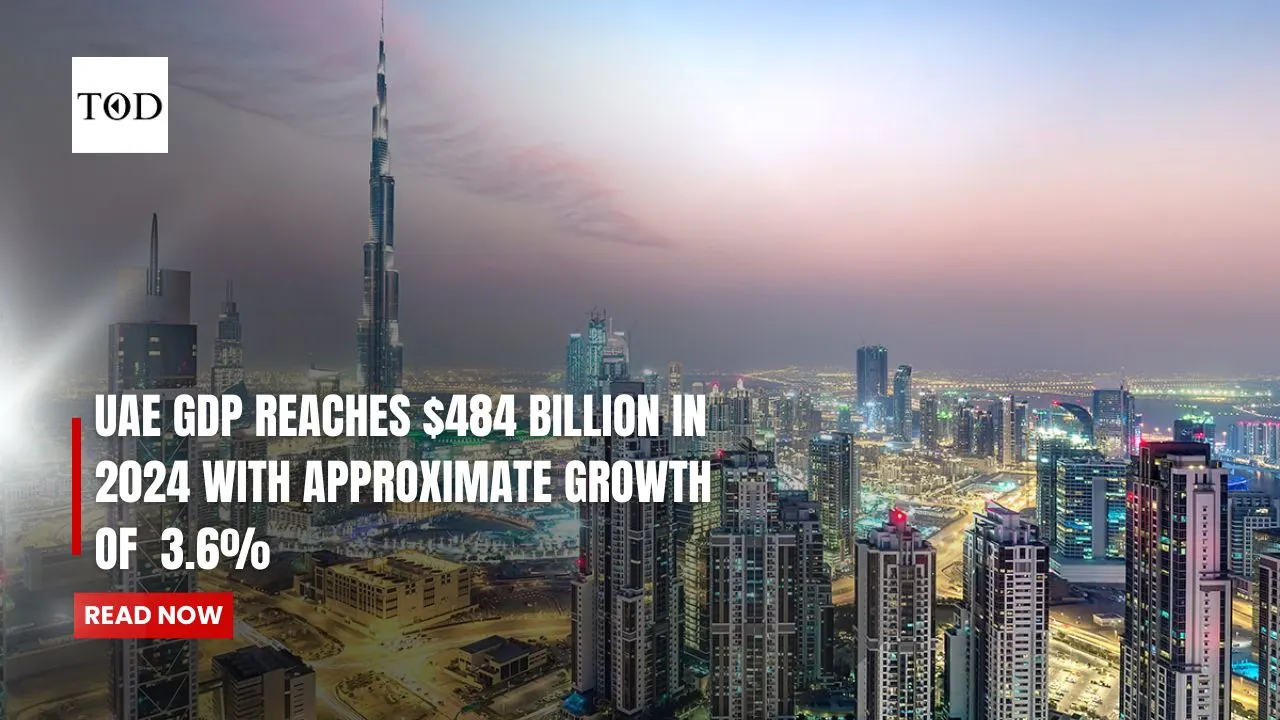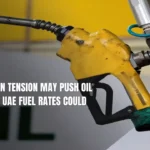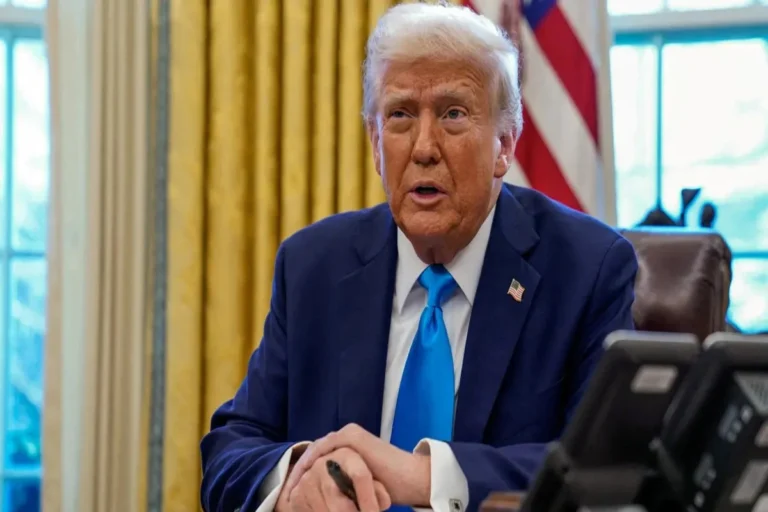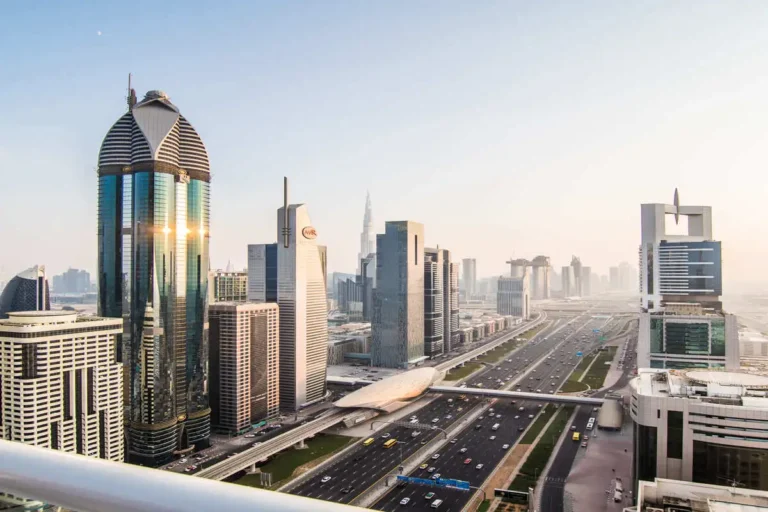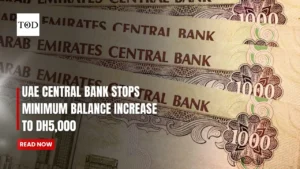The United Arab Emirates’ economy has achieved a new place in 2024. The country’s GDP has now reached $484 billion (1.78 trillion dirhams), indicating that the UAE is constantly moving its economy in a diverse and innovative direction. According to the Federal Competitiveness and Statistics Center, the figure reflects the actual growth of 3.6% compared to the previous year.
The main reason for this impressive edge is the country’s non-oil Economy, which is now contributing 1.25 trillion dirhams, i.e., about 70% of the total GDP of the UAE.
This indicates how serious the UAE is about its long-term vision, and it is making its economy stronger for the future by not just depending on oil.
Non-Oil Sectors Drive UAE GDP Growth
The UAE’s non-oil-based economy performed brilliantly in 2024 and recorded a strong growth of 6.2%. This success is the result of the country’s visionary strategy “We the UAE 2031”, which focuses on economic diversification and sustainable development.
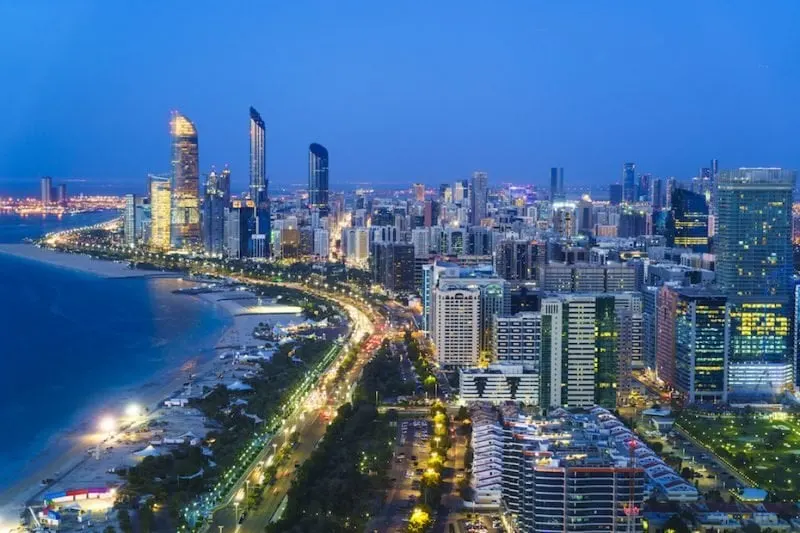
Know here which major areas played an important role in the growth of the UAE GDP:
- Transport & Storage:
- Fastest-growing sector
- Grew by 17.1%
- Contributed AED 54.2 billion to the economy
- Finance and Insurance:
- Increased by 14.3%
- Reached a total of AED 184 billion.
- Construction area:
- Grew by 6.9%
- Total value hit AED 104.6 billion
- Real estate:
- Gained 5.9%
- Contributed AED 137.4 billion
It is clear from these data that the UAE is moving firmly towards getting regional leadership in fields such as financial services, logistics, innovation, and smart infrastructure.
Strong Emirate-Level Contributions to UAE GDP
A large part of the UAE GDP comes from Abu Dhabi and Dubai, which are becoming increasingly modern and investing on a large scale in high-value areas.
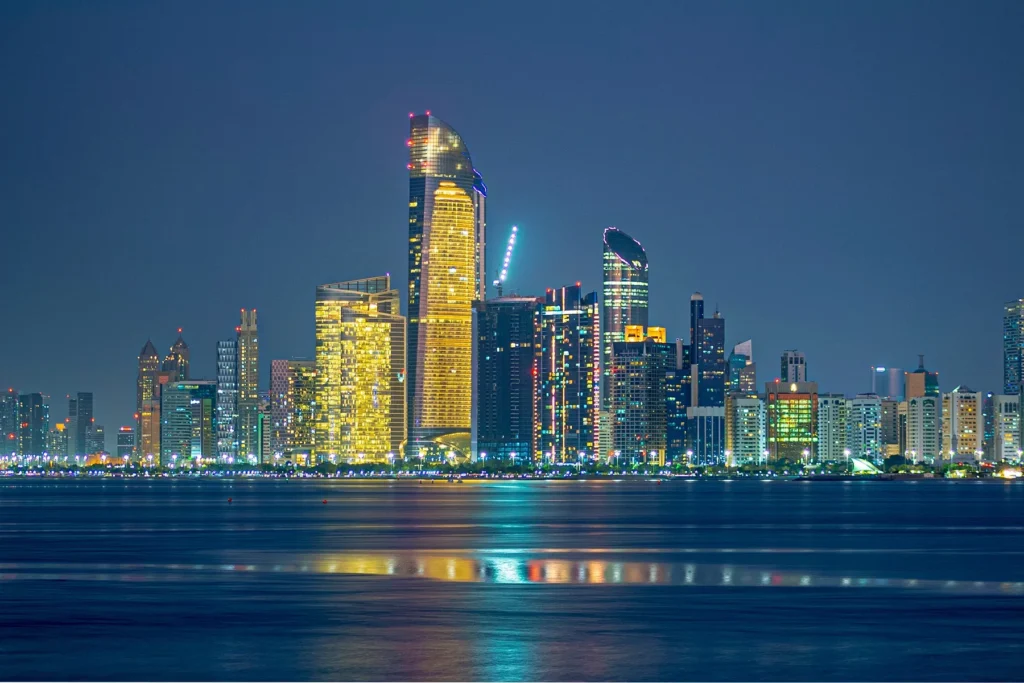
- Abu Dhabi’s GDP: AED 1.14 trillion figure has been achieved firmly in both oil and non-oil areas.
- Dubai’s GDP: AED 490 billion. This growth has been possible with the initiative of business, tourism, and the digital economy.
Both these Emirates have maintained continuous development despite economic uncertainties around the world. The big reason for this is investment in infrastructure, easy regulation, and technology policies.
UAE GDP and Vision 2031: A Clear Alignment
The aim of the UAE’s Vision 2031 is to strengthen and diversify the economy of Abu Dhabi and Dubai. Abu Dhabi is not only keeping its income dependent on oil, but is also growing rapidly in areas such as renewable energy and new techniques. At the same time, Dubai is engaged in making itself a big center of innovation, tourism, and the digital world. Together, these two emirates are working towards making the economy of the entire country strong and durable for the future, so that by 2031, the UAE can become a developed and ready country.
International Praise for UAE’s Economic Strategy
Global institutions like the International Monetary Fund (IMF) and the World Bank have expressed deep confidence in the UAE’s GDP. These institutions believe that the UAE region has a “stable and flexible” economy, which is constantly progressing despite global economic fluctuations. According to experts, the process of economic progress of the UAE will continue like this in the coming time.
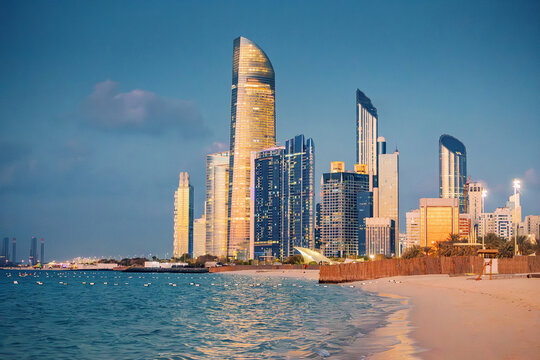
There are many reasons behind this, mainly the country has adequate financial security reserves (fiscal buffers), which also maintain stability in times of crisis. In addition, the UAE has adopted flexible rules and policies promoting businesses, making the flow of trade and investment strong. Also, the country is playing a leading role in future-centric fields such as clean energy and Fintech. Due to all these aspects, the UAE’s economic strategies are being appreciated globally, and trust in the UAE’s GDP is continuously increasing.
What Lies Ahead for UAE GDP?
Although economic fluctuations remain around the world, the future of regarding UAE GDP seems to be very positive. The UAE economy can maintain its pace in 2025 and also in the coming years due to continuous investment in green energy, infrastructure, and tech startups.
Read More: Israel-Iran Tension May Push Oil Prices Up, UAE Fuel Prices Could Increase


